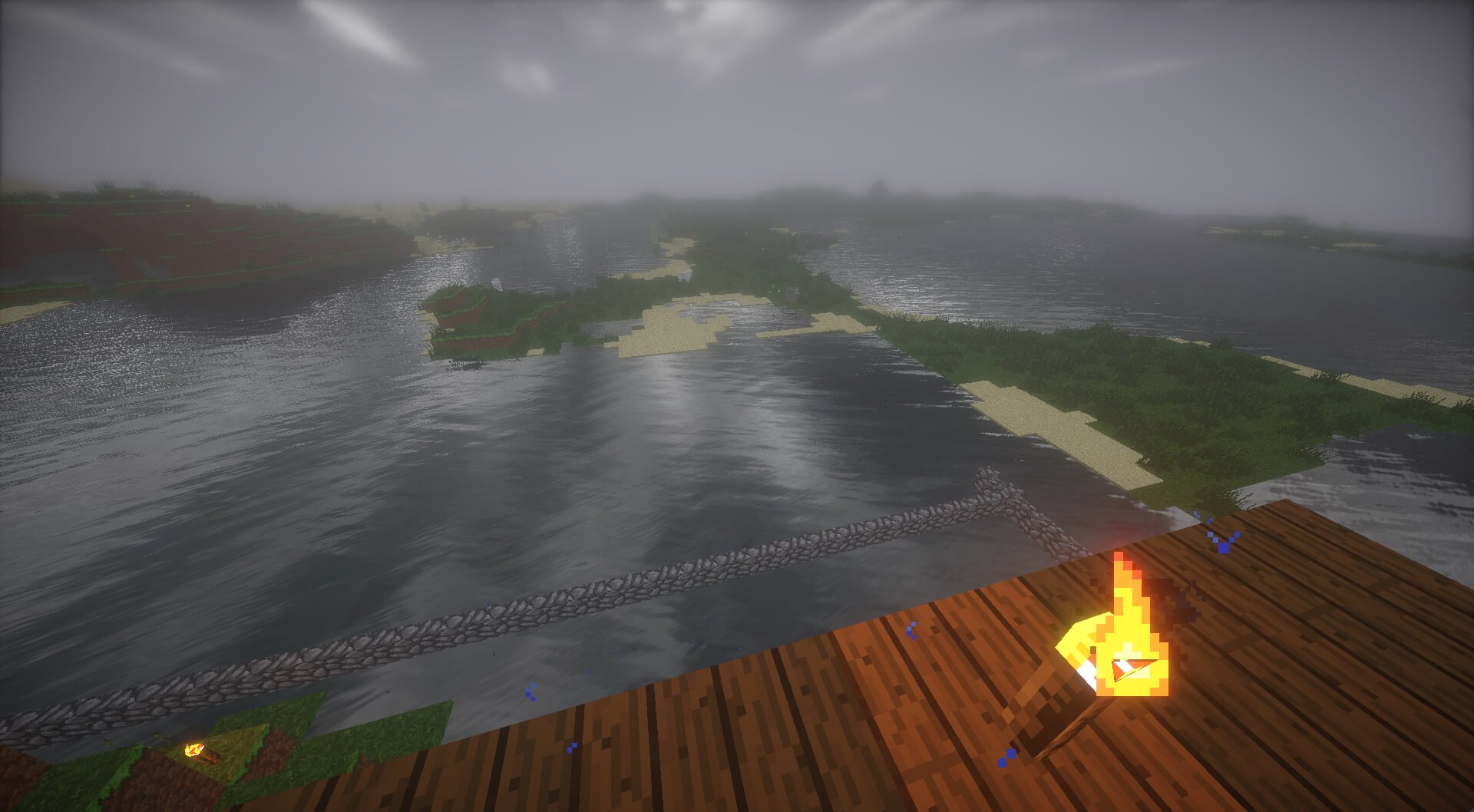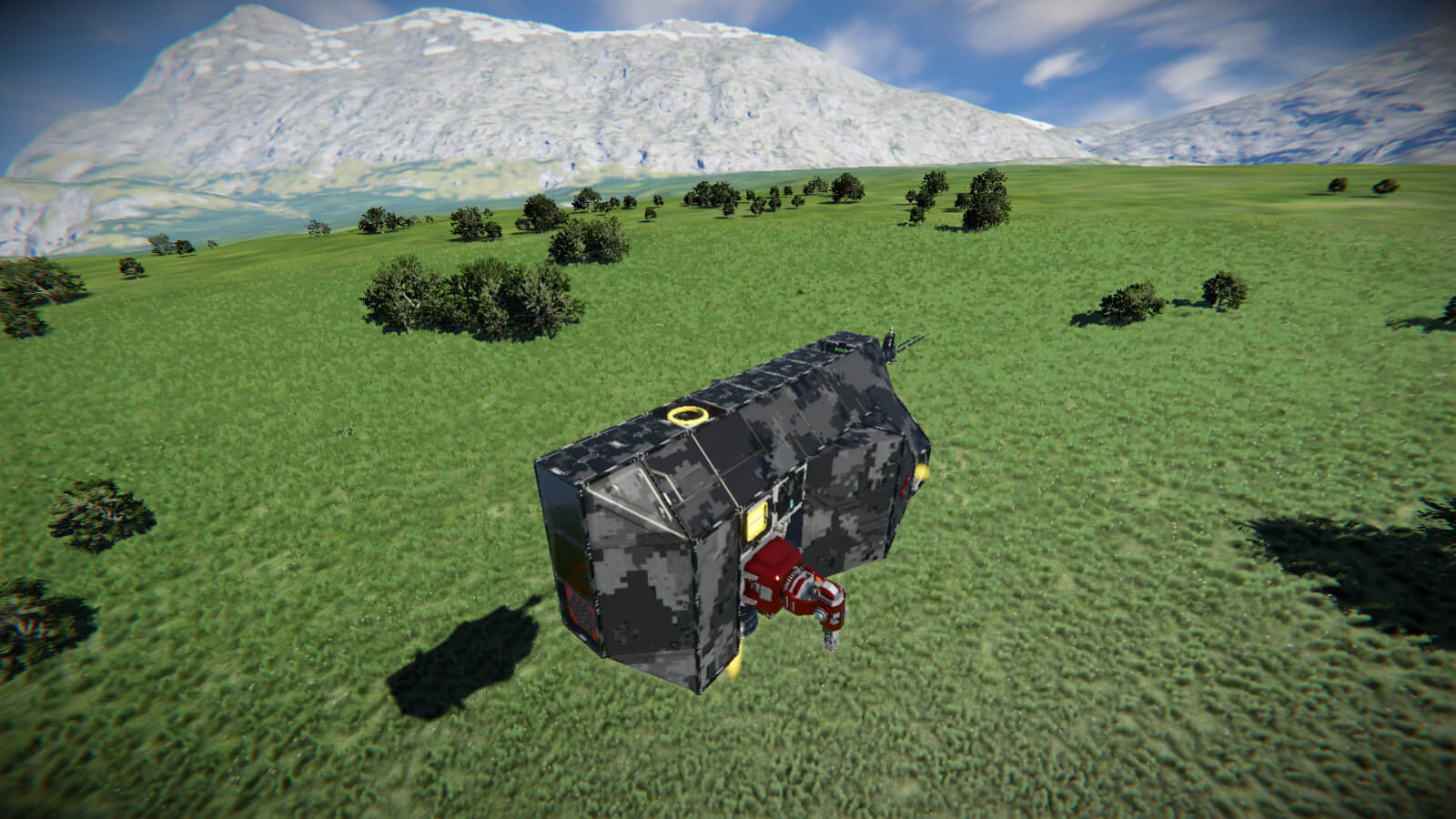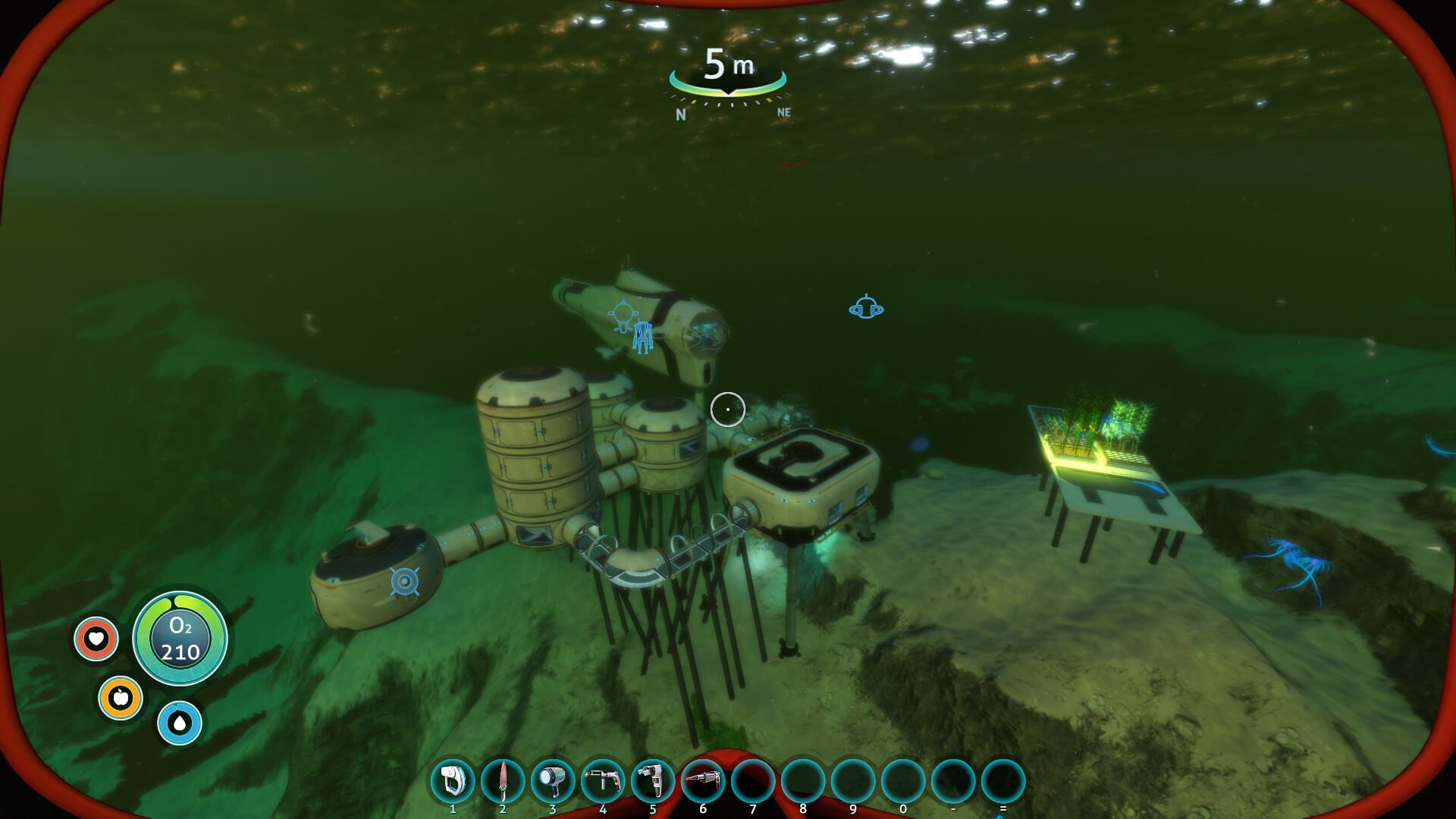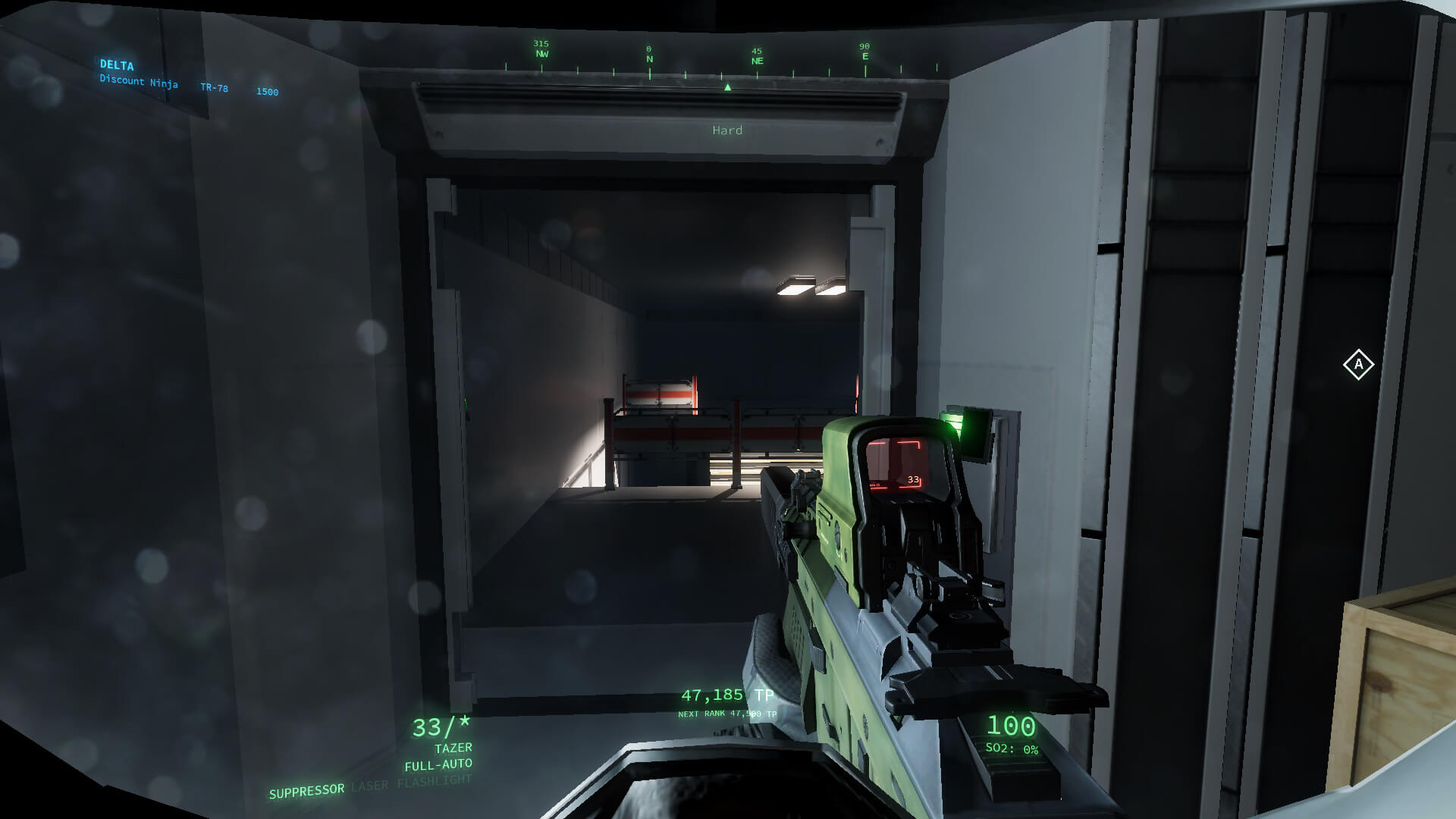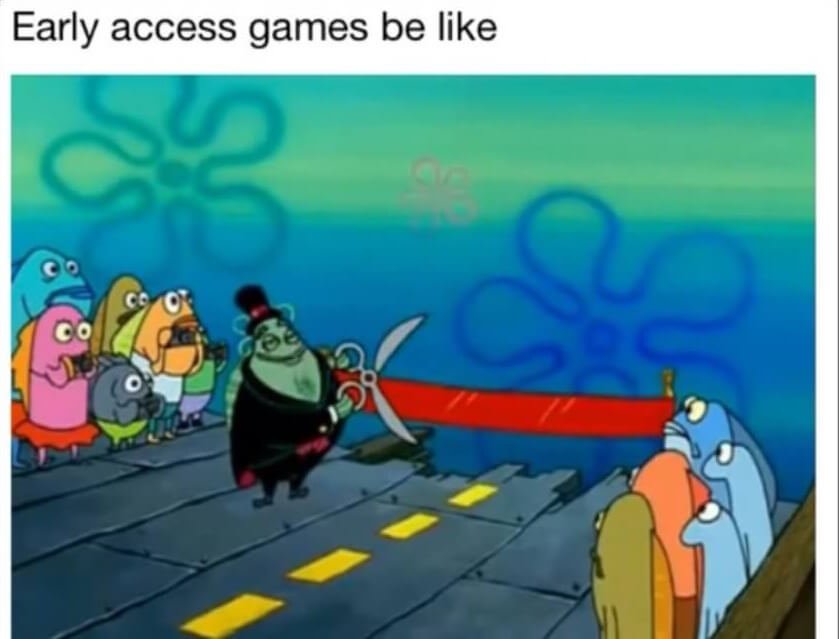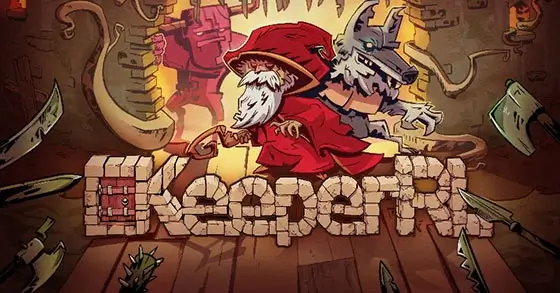The Good the bad and the greed of early access
Let’s talk about the good of Early Access!
Everyone likes good games, people like playing with something new, this is where early access shines. It’s like being let into a toy factory or tasting the cookie batter. You just have to be careful around the dangerous machines and salmonella. So what is Early Access?
Early Access is Early Funding, Alpha Access, Alpha founding, Paid Alpha. A form of crowdfunding, if you will. A way to get your product out on the market while continuing to work on it.
We have to face a cold, hard fact, games are expensive to develop. Even if you don’t pay anyone, and you do it yourself. You have to eat and sleep somewhere that has a computer. That requires a place to live, usually, that includes rent and utilities. If you don’t have another job, that gets expensive. Not to mention other things that you may need, phone, car. It’s not cheap to live, and that’s the minimum for game development.
Early access has seen some really awesome games.
Minecraft, KSP, Space Engineers, Factorio, Subnautica.
These wouldn’t be possible without Early Access.
Without Early Access, these games would not be possible or where they are today. Those were some of my favorite games.
It’s not just about the funding either. Early access can be a good way to develop games. A good way to steer the direction of a game is through feedback. Most of the polish of a game comes through feedback. Otherwise, you can end up with something people throw the controller at after 30 seconds. Since you already have an audience, giving them what makes them happy is a lot easier at this stage.
Unlike hype which you have to keep building on, early access can get people on board. Especially when the game is free.
So what’s wrong with early Access?
It’s not all good. Sometimes you just end up with a bad product. The worst part is that some developers think it should be a shield from all criticism. Yes, it is a work in progress. I know when you do development work, the beginning doesn’t look like anything to the uninitiated. The time and effort or appreciation doesn’t sink in yet. But you have to see the bigger picture. If you charge anything for content, then it’s a product. Call it what you want, a product is a product, and if you spend money then it’s a product.
It also sets a bad precedent. Companies think selling unfinished games, buggy, or simply unplayable has become an acceptable practice. An industry-standard term has become widely used. “Known Shippable”. This is a bug the company is aware of but won’t bother fixing it or delays a fix after launch. An active Internet connection can make this a non-issue when done right. You can tell if a company failed here if you have day one launch issues. The worst part of this is that game consoles have adopted all the worst parts of PC gaming, with little benefit to the experience.
Early access games also have a big problem with shovelware and scams, giving an awful name to the industry and to the early access practice.
Early Access fall from grace
Success isn’t guaranteed. Even when you do everything right, it doesn’t mean success and that things will work out. There are instances where you have a good early access game or the beginning of one. Games are a risky business and any number of things can go wrong.
A good early access title will have a positive cycle, where a new player has a good experience and shares that. Someone else has another positive experience and brings in someone else. Whereas, this can also be a detriment for a game. A negative cycle where your momentum goes down, each person has a bad experience.
Just like real life, you can do ‘everything right’ and still end up not doing well. Not to say that the effort isn’t worth it, the reality is not everyone will have success.
One prime example is Interstellar Marines. The game had an ambitious goal, to combine elements of Rainbow 6, Deus Ex, System Shock and Half-Life. A realism shooter with sci-fi, horror and RPG elements. The early gameplay they released was well polished. Your character has a good sense of space and impact. However, there was little content, and you can quickly go through all of it. It started a negative cycle of people losing interest. Combine that with loosing funding, and you get stuck in a bad situation where the development grinds to a near stand still.
Interstellar Marines, just about to hit the climax of this mission.
My advice. The scope of the project is too high, time to scale that back for the time being. Focus on low-hanging fruit. Work on the core features to improve multiplayer, basically what we already have. Some new game modes and maps would really go a long ways. I’d love to explore derelict spaceships in multiplayer. Make a free multiplayer version where friends can join someone who already owns the game. If people have a good time and want to host themselves, they can buy it, creating a positive cycle. Mod support. If you can start to build momentum again, the game may be salvageable to its original goals.
The gaming community, however, has other opinions on the subject. It’s not the most controversial subject, as there are a lot of good things that come out of it. If given a choice, people would prefer a release over an early access title.
While looking into this, I think I’ve discovered a pattern in successful early access titles. It seems that games that offer a new, positive experience seem to do well.
My take on Early Access
Like anything, there’s a right way and a wrong way to do something. In other words, the goal isn’t the problem, it’s how you get there. It’s simple as this:
If you’re a publishing company, you should sell finished products. If you’re an indie developer, early access is acceptable if you meet these conditions:
- Have clear goals and focus.
- Have finished your primary gameplay loop, and it’s playable.
- Take input, both positive and negative, to improve the design.
If your end game looks better because it went through early access; you did it right. Early Access should not be:
- A license to make unfinished games.
- An easy way to scam people.
- A way to deflect criticism.


